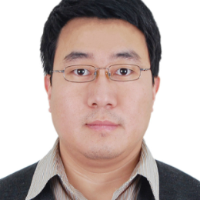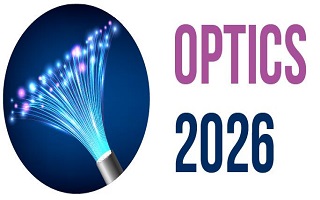3rd International Conference on
Optics and Laser Technology
October 29-30, 2026 | Berlin, Germany

Optics 2026

Institute of Optics and Electronics, China
Abstract:
Single-photon
lidar has extremely high sensitivity and is widely used in various remote
target detection scenarios. Compared with traditional linear detection, it can
obtain a longer detection range under limited volume, weight, power consumption
and other resource envelope. For the single-photon lidar system, the
improvement of detection ability depends on the suppression level of background
noise. Especially for the single-photon lidar system working in the daytime,
the background noise caused by sunlight is the main influence limiting the
detection ability of the system. In this paper, the latest progress of
single-photon lidar in daytime working is introduced. Through a series of
effective background light suppression techniques, the detection ability of the
system in daytime is greatly improved, and the detection effect is equivalent
to that at night. In addition, in order to evaluate the “return on
investment” performance of a lidar system, a normalized evaluation model, so
called the ROI index is also proposed, which can intuitively evaluate the
“economic” performance of lidars.
Biography:
Prof. Liu Bo is from
Institute of Optics and electronics, CAS. He is the deputy director of Key
Laboratory of Space Optoelectronics Precision Measurement Technology, CAS, also
the member of teaching Committee of School of Optoelectronics, University of
Chinese Academy of Sciences, and keynote professor. Liu has been serving as a
Lidar Scientist of the University of Wyoming (USA), responsible for the
on-board atmospheric detection Lidar systems on the KingAir aircraft. Liu has
led and completed various research and development projects related to lidar
systems. Currently, his main focus is on long-distance single-photon detection
and active-passive composite detection.
